Hey, did you catch the buzz about Kia’s resale value skyrocketing in the past decade?
If you’re sitting on the fence about which car to invest in, you can’t ignore the long-term value. In this read, we’re going to take a deep dive into the nitty-gritty that affects Kia’s resale price, pit it against the mighty Toyota, and figure out what it means for your bank balance.
Whether you’re a die-hard Kia enthusiast or a Toyota fanatic, you’re set to gain some fresh perspective that could tip the scales.
So buckle up, and let’s get this show on the road!
Do Kias hold their value well?
Just like most cars, Kias tend to depreciate over time. That said, some models might keep their value better based on elements like reliability, demand, and overall performance.
When you’re crunching numbers for a car’s resale value, it’s way too important to consider how the brand has done in the market over time. Like, a brand’s rep seriously impacts how much you’ll get if and when you decide to sell.
Check this out – let’s stack Kia against Toyota. Toyota has this rock-solid rep for being reliable, thanks to years of delivering top-notch performance. This gives it a massive leg-up in the resale game.
Then you’ve got Kia. These guys also pack their cars with cool features and price them competitively, but they’ve only recently jumped into the ring and people don’t see them as being as reliable.
What’s key to keep in mind here is that while a Kia might be cheaper off the bat, a Toyota’s tried-and-true reliability could give you a bigger bang for your buck in the long run. Plus, the whole supply and demand thing also comes into play, and Toyota usually has a stronger fan base in the used car market.
Dissecting the Different Priorities of Kia and Toyota
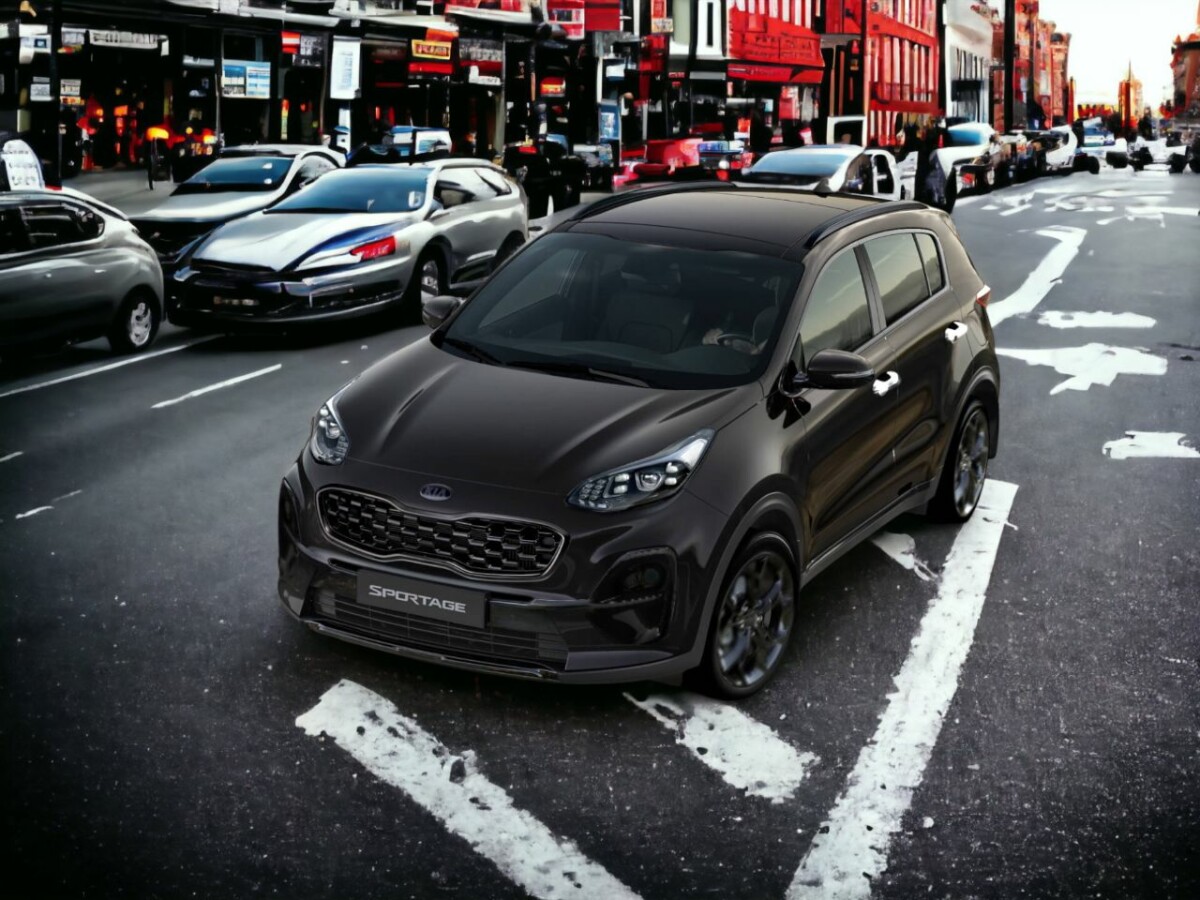
Alright, let’s break this down real quick. So, Kia and Toyota, right? They’re like polar opposites when it comes to what they value most in their cars. And this, my friend, has a big ol’ impact on how much their cars are worth when it’s time to sell them off.
So, here’s the scoop on Toyota. They’ve got this rep for being super reliable. It’s like it’s in their blood, y’know? They’re all about creating cars that are gonna stick around for the long haul. They’re not too fussed about all the fancy tech stuff.
On the flip side, you got Kia. They’re all about pushing the envelope when it comes to tech and innovation. They’re always on the hunt for new ways to upgrade the driving experience.
Now, don’t get me wrong, Toyota’s reliability makes them a pretty safe bet when it comes to resale value. But Kia’s got its own charm with all that tech and innovation. Just keep in mind, tech can get outdated pretty quick while a reliable car is always in demand.
Exploring the Evolution of Kia’s Vehicle Quality Over Time
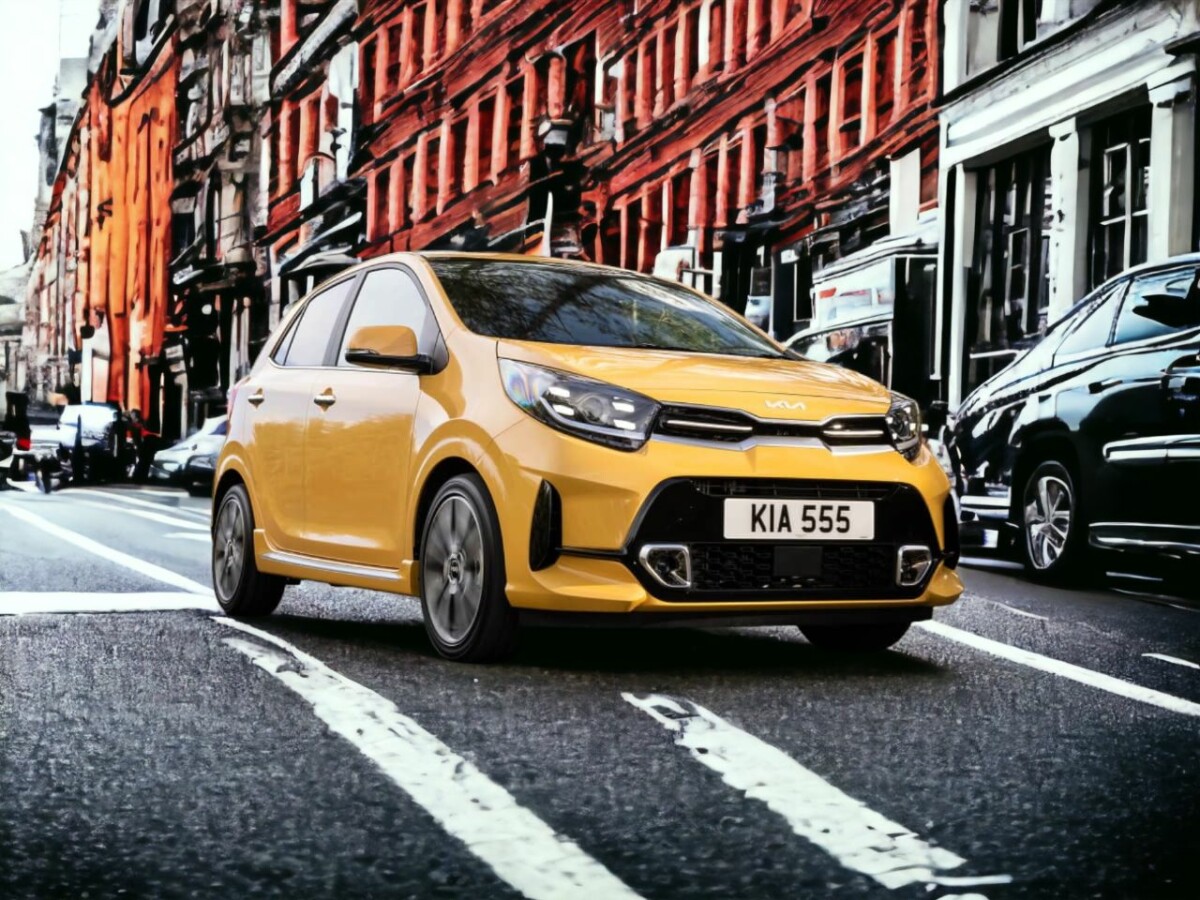
If you’ve been paying attention over the past couple of years, you might’ve clocked that Kia’s car game has seriously levelled up. The boost in quality hasn’t just popped up outta nowhere – it’s all down to Kia upping their game in design, engineering, and how they put their rides together.
Back in the day, Kia was kinda the runt of the car world – not exactly the top pick, you know? But fast forward to now, and it’s like they’ve had a major glow-up. They’ve been putting in the work, focusing on all the techy stuff and making sure their cars are packed with features that us consumers actually want.
A huge part of this massive change is their dedication to making sure their cars are top-notch before they hit the road. Kia’s been going hard with their testing and checks, making sure their cars aren’t just fly-by-night. They mightn’t be at Toyota-levels of reputation just yet, but they’re giving them a run for their money.
Their improved quality, paired with prices that won’t make your wallet cry, are making Kia a serious player in the car game.
A Comparison: Early Years of Japanese Cars and Kia’s Resale Values
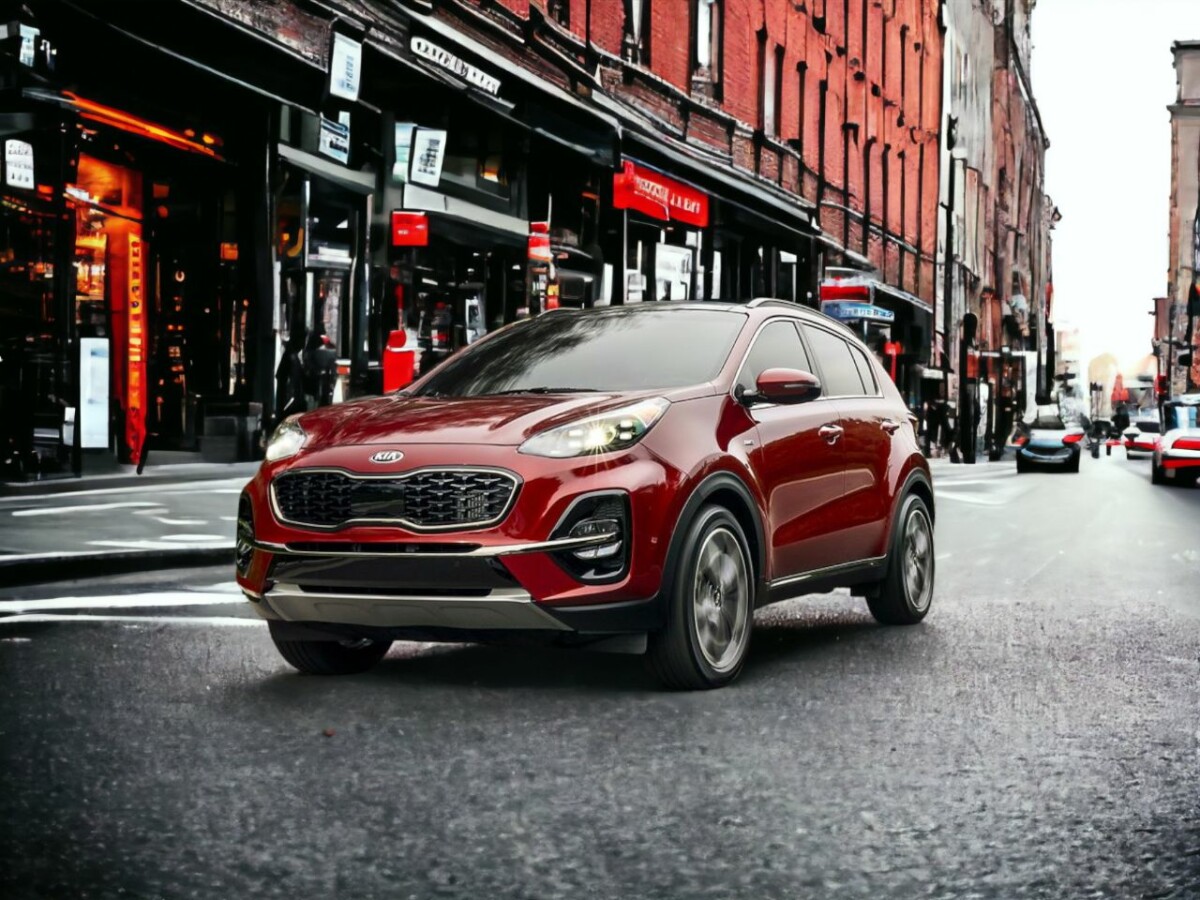
Just as Kia is grappling with resale values today, Japanese cars had their own share of hiccups in the early days. But hey, they flipped the script over time with consistent enhancements. So, let’s break it down: the tale of early Japanese cars and Kia.
At first, Japanese cars weren’t exactly the gold standard of reliability they’ve come to be today. But their laser-like attention to perfecting the mechanics of their cars eventually scored them a rep for being super reliable, which naturally upped their resale value.
Now, Kia’s still in the game of building its street cred. You can’t downplay how crucial market reputation is when it comes to resale value. Kia’s resale values today mightn’t be top-tier, mostly because of its relatively shorter time in the market and the reputation it’s still shaping. But don’t hit the panic button just yet.
Kia’s on a roll with improvements, and this could very well pump up its resale values in the not-so-distant future. So, let’s watch this space, shall we?
The Role of Manufacturer Rebates in Resale Values
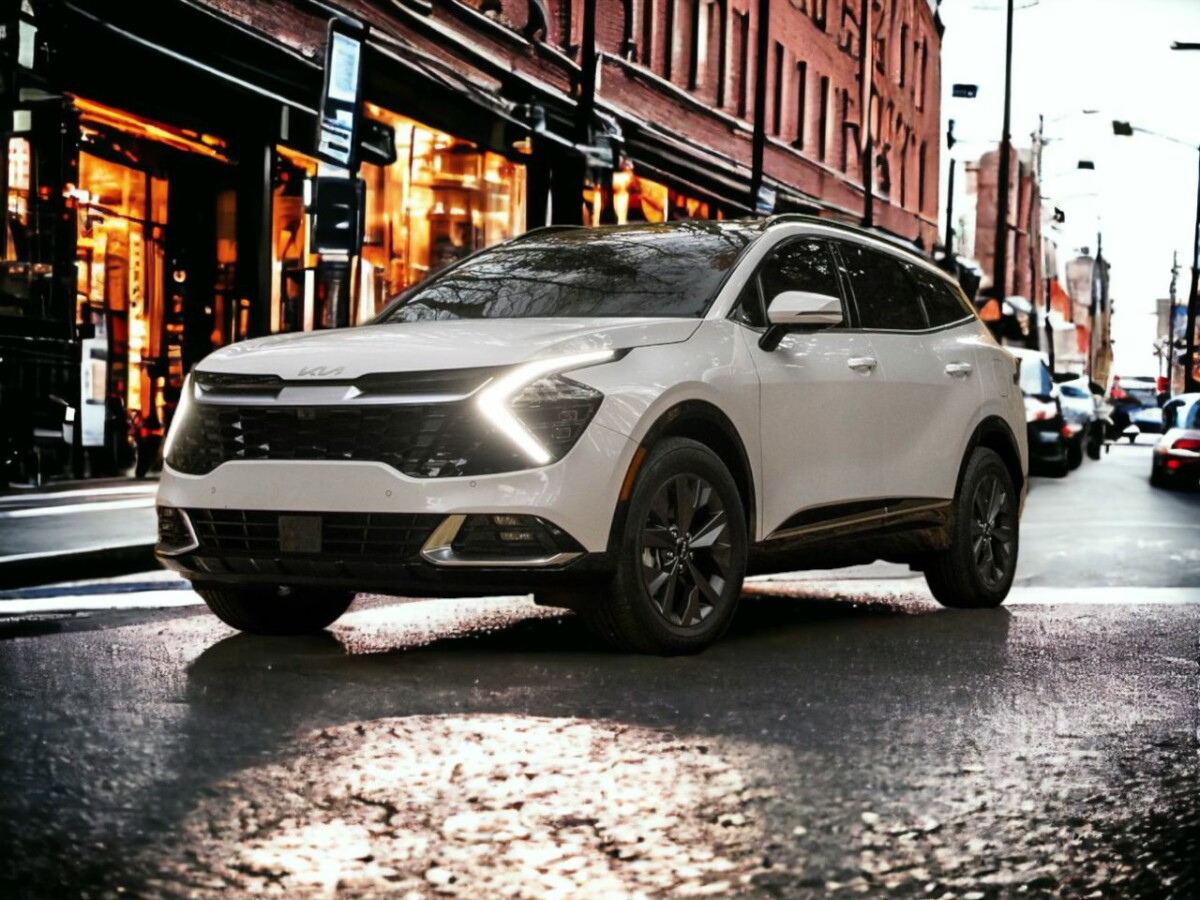
If you’re weighing up the resale value of your Kia, don’t forget to factor in those juicy manufacturer rebates and incentives. They can seriously mess with how fast your car depreciates. It’s not as sweet a deal as it first appears, trust me.
Here’s the deal: when you roll out of the lot in a brand new Kia, complete with a hefty rebate, you’re essentially driving off with a discounted whip. Instantly, its market value takes a hit, which inevitably drags its resale value down the line.
And then there’s the not-so-flattering rep of Hyundai/Kia as disposable rides. Yeah, it’s a bit harsh, but reputations like that can really dent resale values. Even if the latest models are stepping up their game in terms of quality and reliability, buyer’s attitudes can be hard to shift.
Assessing Long-Term Costs and Reliability: Kia Vs Toyota
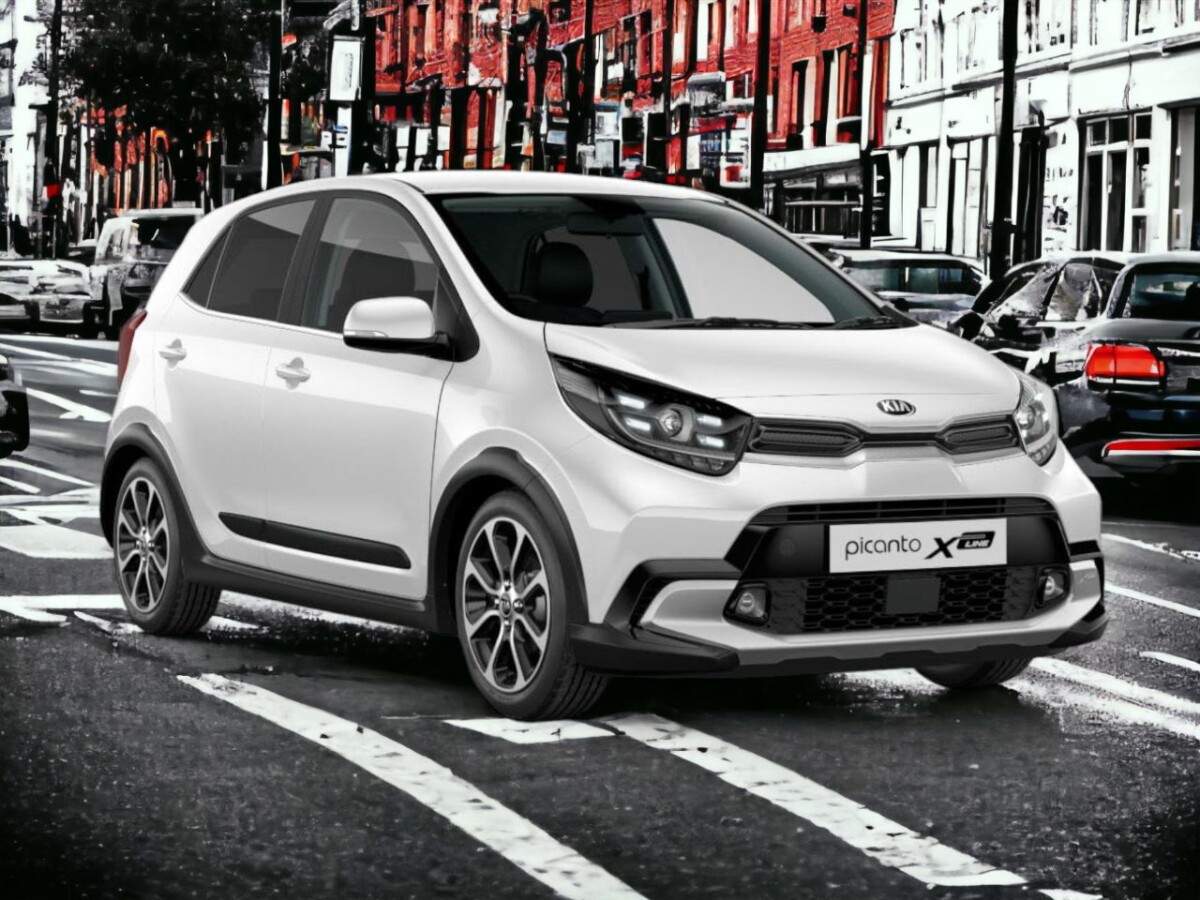
When it comes to the tug of war between Kia and Toyota, and you’re trying to figure out which one’s gonna be a better bang for your buck in the long haul, there’s a few things you gotta consider.
Look, Kia’s got a pretty sweet deal – they’re packing their cars with all the latest features and gadgets, and the price tag ain’t bad at all.
But then you got Toyota, a brand that’s been around for donkey’s years. They’ve got a solid rep for being reliable, and that kind of street cred can bump up the resale value of their cars.
Vehicle Lifespan: Kia Vs Toyota
When you’re thinking about the long game and weighing up the pros and cons of Kia versus Toyota, it’s pretty clear that they’ve each carved out their own niche in the car world. If we’re talking straight up longevity, there’s no denying that Toyota has a bit of an edge. Their approach is all about keeping things reliable and efficient, not changing what works, and it shows in their cars’ mileage and life expectancy. They’re sticklers for quality control and they stick with parts that have proven themselves over time.
Now, Kia, on the flip side, gives you a lot for your money. They’re all about making their cars accessible, packing them with features without breaking the bank. But, let’s be real, that might mean you’re going to be seeing your mechanic a bit more down the line. It’s not that Kias are weak or anything, but their emphasis on affordability might mean some trade-offs when it comes to lasting the distance.
Resale Value Influencing Factors
When it comes to the resale value of your ride, there are a bunch of things you need to consider. Let’s take Toyota and Kia for example. Toyota has been around the block a few times, they’re known for producing cars that last. This reputation boosts their resale value because, let’s face it, who doesn’t want a car that can take a beating and keep on ticking? On the flip side, Kia, while they offer some pretty cool features, doesn’t have the same longevity cred. This can take a hit on the resale value.
Now, let’s not forget about the whole supply and demand game in the used car market. If there are more people looking to buy used Toyotas, it’s going to push up the price. If there’s less demand for Kias, you’re likely to see lower resale prices. So, being aware of these dynamics can seriously help you when it comes to figuring out the long-term costs and reliability of your car. Kind of like having a secret weapon in your pocket, right?
Is Your Kia Really Worth The Investment?
So, you’ve been pondering over that big question – Do Kias hold their value? But wait, there’s a whole lot more to consider when rocking the car ownership scene. In this big world of vehicular investment, there are a few other aspects you might want to give some thought.
Now, let’s talk about that fuel you’re feeding your ride. Heard of BP gas? Yeah, the big-name company but are you wondering if BP gas is any good? Seriously though, it’s a thing. People are chatting about it. Fuel quality can impact your engine’s performance, and that directly affects, yep you guessed it, your car’s resale value. You might want to dig a little deeper into that one.
Moving on, the subject of diesel vehicles – you’ve heard about the power, but have you heard about the Duramax engines? Not all of them are award-winners, buddy! There are definitely some Duramax years to avoid – not spreading hate, just the hard facts.
And just as we’re bouncing around the subject of value and reliability, let’s not forget about the swanky Volvos. Running your eyes over a sleek Swedish design? Hold up, I’ve got something you need to read. No doubt, these cars give you that fancy vibe, but Volvos can be expensive to maintain. Surprise! Another factor you might want to consider while assessing the worth of your car.
All in all, whether your ride is a Kia or any other brand, a lot of factors play a major role in maintaining its value. Fuel quality, engine types, and even maintenance costs can affect your vehicle’s overall worth. So, make an informed decision and keep your ride’s value soaring high!

